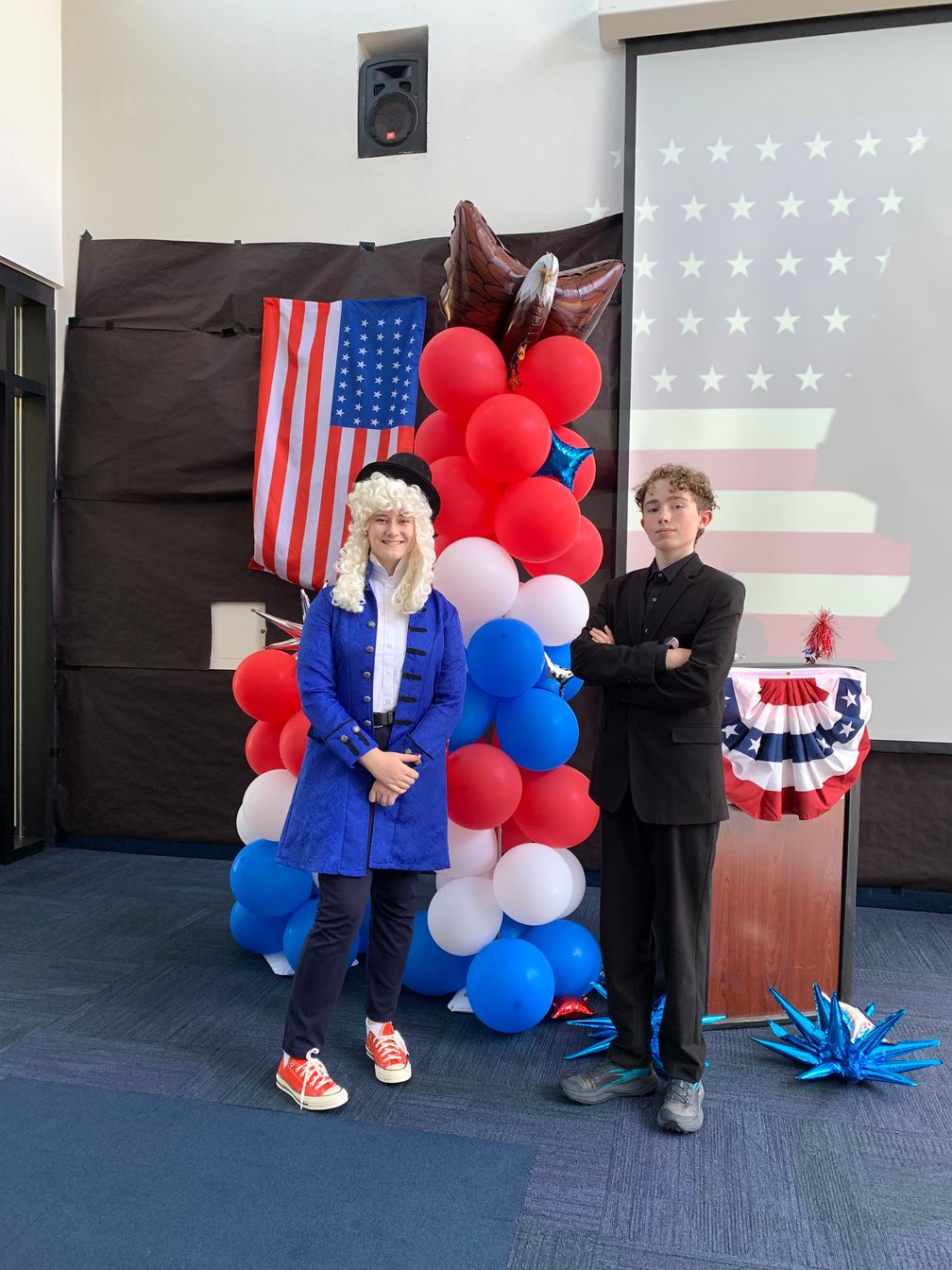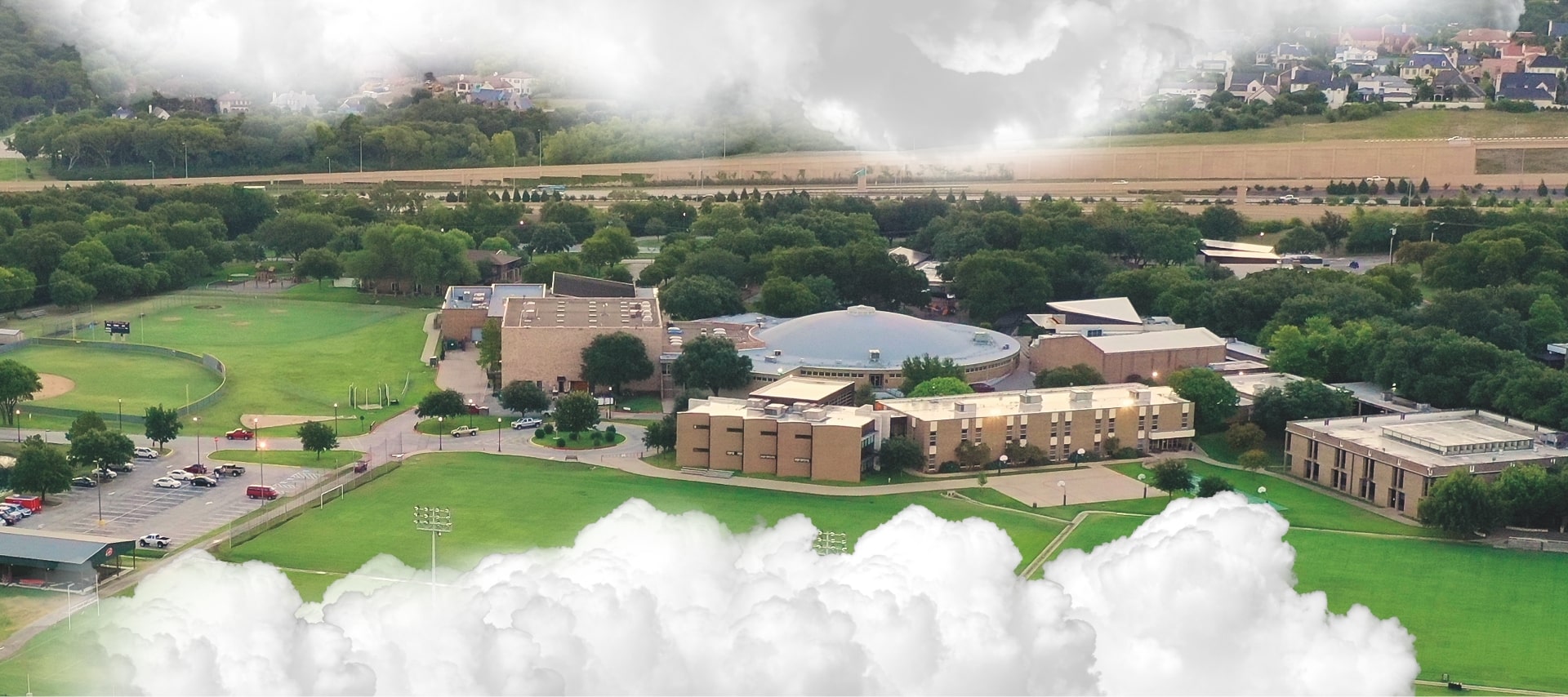Seen Read Heard: January 2023
ChatGPT: The articles and podcasts are numerous; just Google ChatGPT. Here are just a few from Education Weekly:
What is ChatGPT and How Is It Used in Education?
Will ChatGPT Flip the Classroom?
Don’t Ban ChatGPT. Use it as a Teaching Tool
You will want to learn about this latest installment in the ever-evolving technological march of life. At school, it is incumbent on us to consider the awesome impact, good and bad, this creation of essay and code-writing Artificial Intelligence will have on our teaching and our students’ learning.
The doomsday versions of technology destroying schools have a long history. Luddites feared electricity in the room. My own middle school math teachers feared Texas Instruments’ DataMath with its ability to do all of our basic calculations for us. More recently, when Google became a verb, plenty of us educators thought learning was sure to be compromised because a learner didn’t need a human or a book to find a fact. Then Siri made Google searches even more ubiquitous. I don’t even type out my searches. I just ask Siri, and she tells me things like, sadly, what year our Cowboys last went to the Super Bowl.
At school right now, as ChatGPT has hit public access points, our faculty members are busy learning and studying the implication of the tool. Certainly, they will be making plenty of adjustments. We might see more Blue Books and fewer take-home essays this spring. We might see more turning in of a scratch sheet showing the whole process of the student writing a code.
As the teachers learn more and compare notes with one another and with colleagues across the country, they will be making changes and asking questions. The only thing we will not be doing is proclaiming all new technology evil. Stay tuned for more reporting as we figure out ways to use the brilliance of ChatGPT while not compromising the potential brilliance of our students. The fact is that technology can present challenges, but the educators at FWCD are up to those challenges.
Frankenstein by Mary Shelley
Instead of putting my personal notes here, I’d rather have the Upper Schoolers who participated in the White Whale Reading Club share their insights into the famous 1800s story written by a then-18-year-old with incredible perceptive and provocative writing abilities. Those students, facilitated by teachers of similarly powerful abilities, read different books each year and gather in Daniel Lancaster’s room with tea brewing. I’ve written before how much of a charge I get from being able to join in some of these gatherings. I’ve been to enough of these free-period gatherings now that Mr. Lancaster deemed me worthy of the official White Whale Reading Club button-down sweater. I wear that sweater proudly. The students (and the faculty members from various departments who also participate) can be counted on to make really insightful comments, in this case about the relevance in 2023 of a story about creating new forms of life and the responsibility of the creator.
How the World Really Works by Vaclav Smil
Vaclav Smil’s book is all about science.Topically a little out of my wheelhouse, I was glad to have friends reading it along with me.A University of Manitoba Emeritus Professor and prolific writer on a variety of topics, Smil made a case I appreciate: We make as much of a mistake when we overdramatize a global challenge as when we under-atte nd to the potential impact … of global warming, of nuclear winter and the like.
Much of Smil’s analysis is beyond me. He synthesizes many different sources and perspectives in making his assertions. What was accessible, though, were messages about reality being nuanced. Since masses of people do not really get motivated to address an issue due to subtle, nuanced messages, people seeking change often resort to exaggeration if not hyperbole, he reminds us.
Some more poignant conclusions are worth sharing:
“[T]he quantity of modern forecasting has become inversely proportional to its quality.” (206)
The “labels” of “catastrophists and cornucopians” “appear to be too timid to reflect the recent extreme polarization of sentiments.” (206)
“Neither the evolution nor history of our species is an ever-rising arrow.” (222)
“Being agnostic about the distant future means being honest; we have to admit the limits of our understanding … but, as long as we use our accumulated understanding with determination and perseverance, there will … not be an early end of our days. The future will emerge from our accomplishments and failures ….” (226)





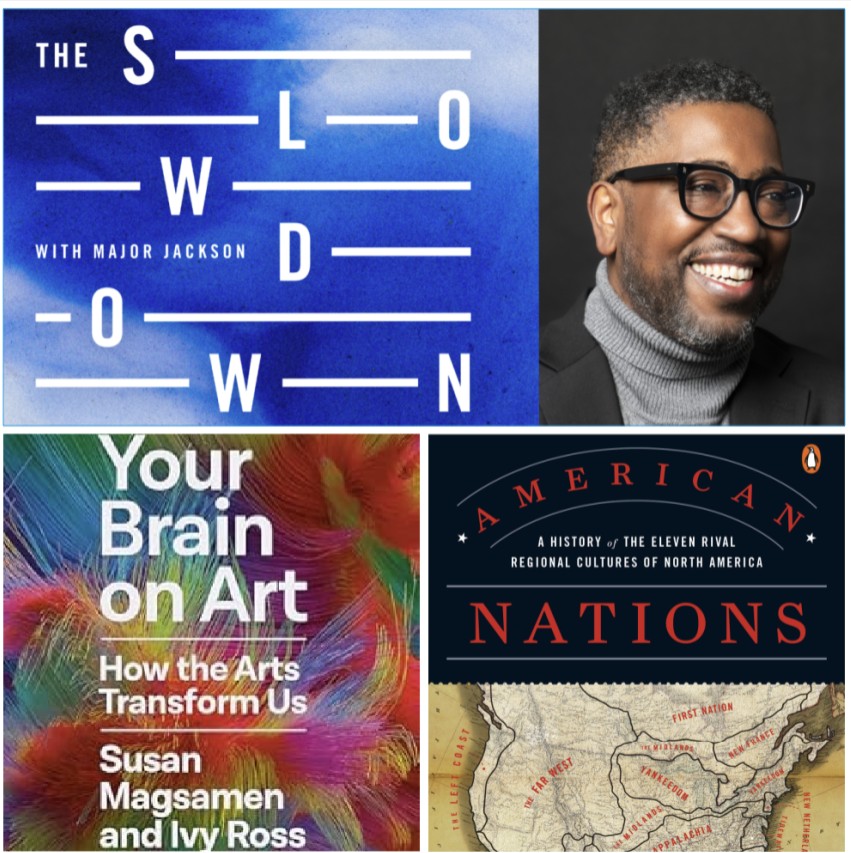
%20(1).jpeg)

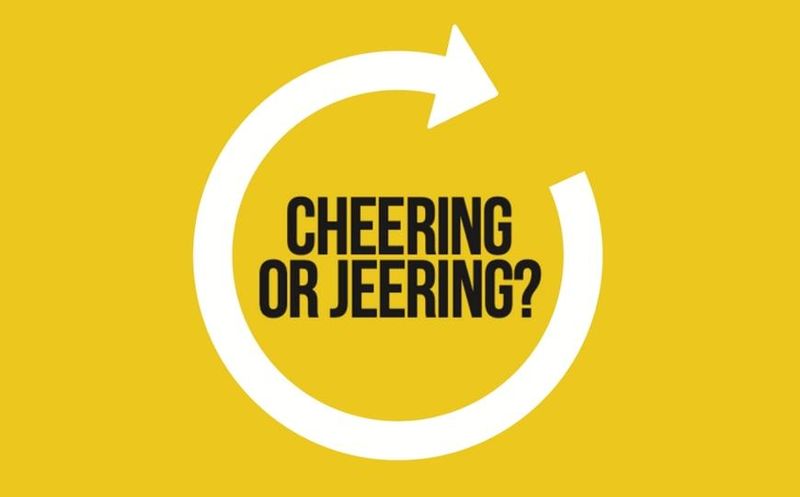

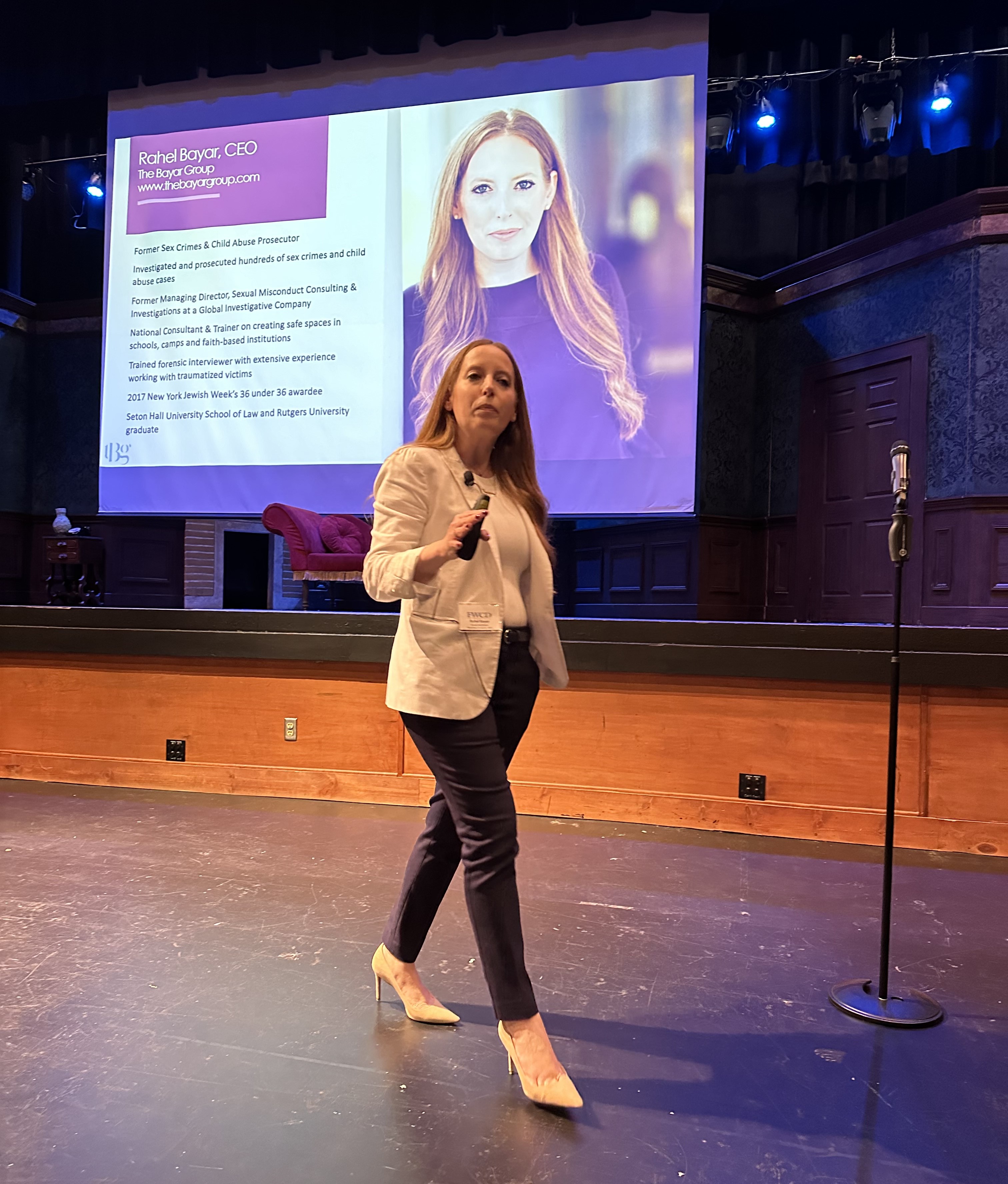


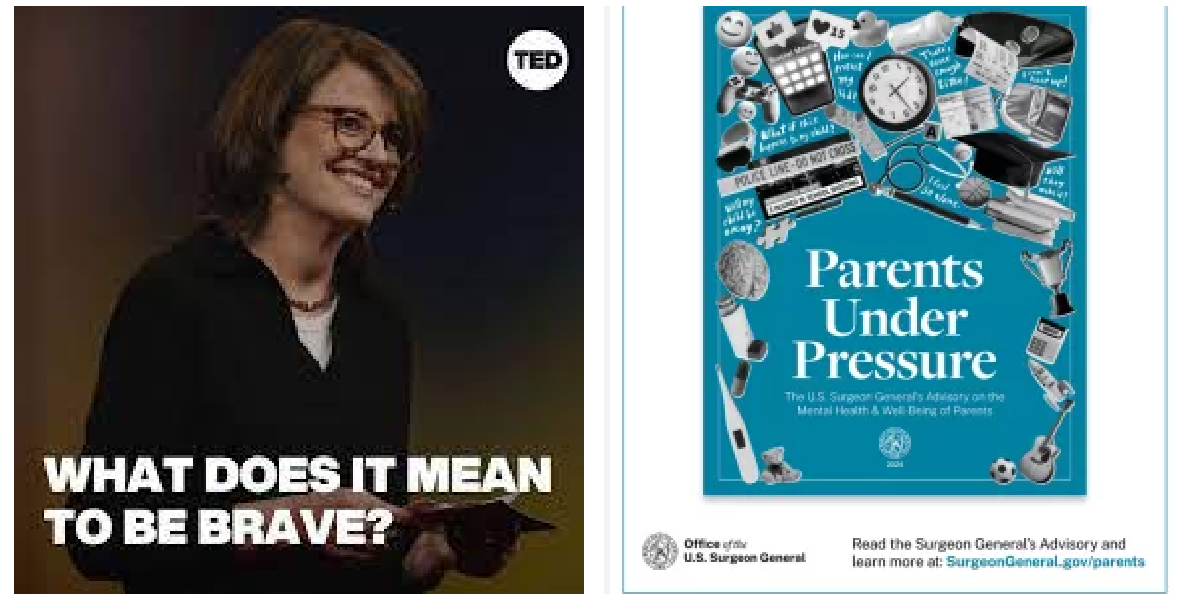

.png)
